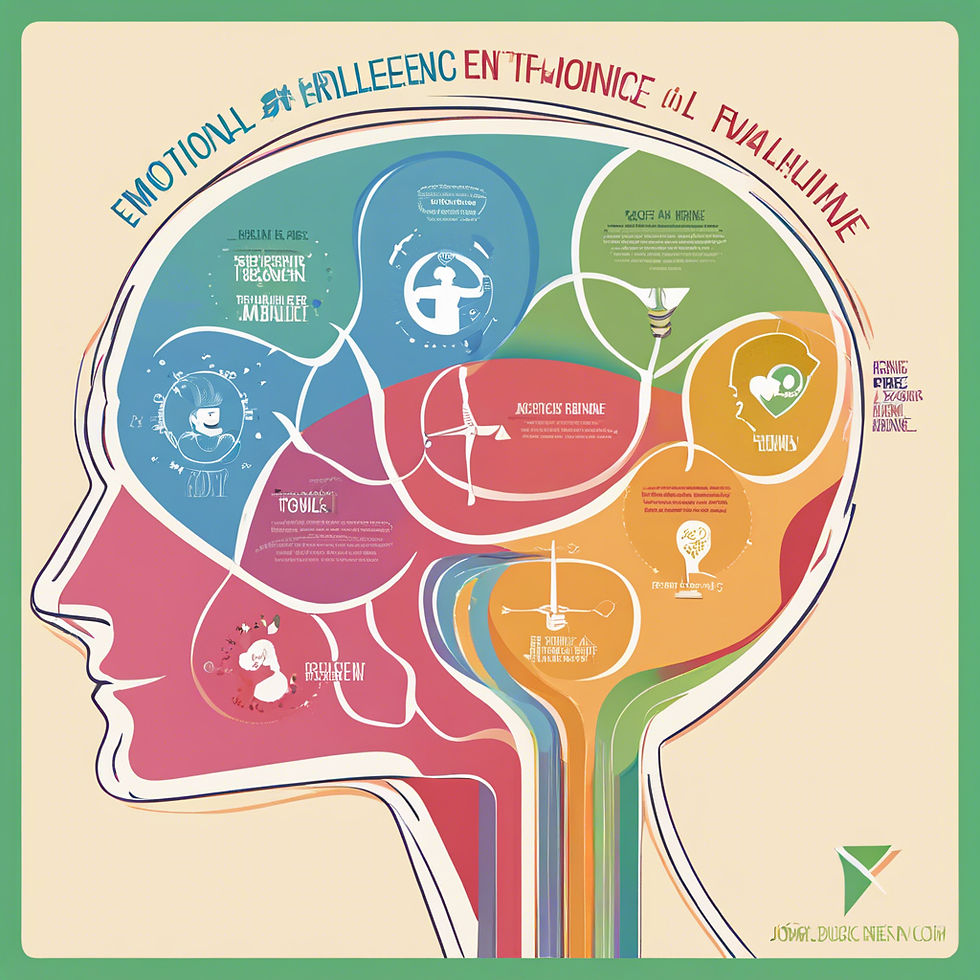The Compassion Paradox: Navigating the Fine Line in School Policies
- coppaster
- Oct 1, 2024
- 1 min read
In the quest for a more compassionate school environment, educators are increasingly adopting policies that prioritize understanding and empathy. While this approach has the potential to enhance student well-being, it also raises important questions about the possible misuse of compassion in rules and regulations.

The Benefits of Compassionate Policies
Compassionate policies can create a supportive atmosphere where students feel valued and understood. For instance, allowing extensions on assignments for students facing personal challenges can foster a sense of safety and encourage academic engagement.
The Risks of Compassionate Misuse
Erosion of Accountability: When compassion overshadows accountability, students may feel they can evade consequences. A student who habitually misses deadlines might exploit personal issues as an excuse, leading to a lack of responsibility.
Subjectivity and Bias: Compassion can introduce bias, as teachers may unconsciously favor students with whom they empathize, creating perceptions of unfairness among peers.
Exploitation of Policies: Some students may learn to manipulate compassionate policies to avoid responsibilities, undermining the intent behind these rules.
Dependency on Support: An over-reliance on compassionate responses can inhibit the development of resilience, as students may depend on leniency instead of learning to navigate challenges independently.
Compassion in education is essential for creating a nurturing environment, but it must be balanced with accountability to prevent misuse.







Comments